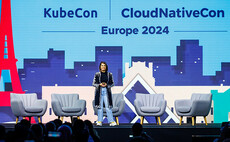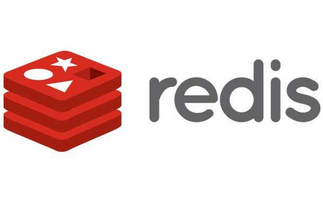"Enterprise-capable product" can only be produced once open source is "professionalised" by distributors, claims Intel
Weaveworks founder and CEO Alexis Richardson delivered a verbal drubbing to an Intel senior architect yesterday after he suggested open source software is still driven by "enthusiasts" who alone do...
To continue reading this article...
Join Computing
- Unlimited access to real-time news, analysis and opinion from the technology industry
- Receive important and breaking news in our daily newsletter
- Be the first to hear about our events and awards programmes
- Join live member only interviews with IT leaders at the ‘IT Lounge’; your chance to ask your burning tech questions and have them answered
- Access to the Computing Delta hub providing market intelligence and research
- Receive our members-only newsletter with exclusive opinion pieces from senior IT Leaders






















